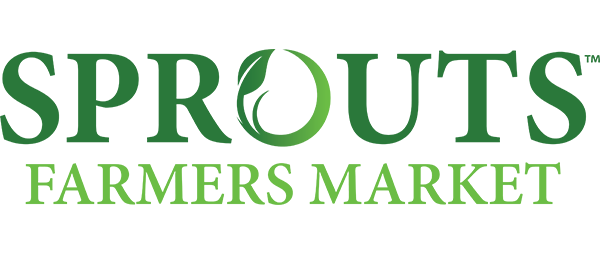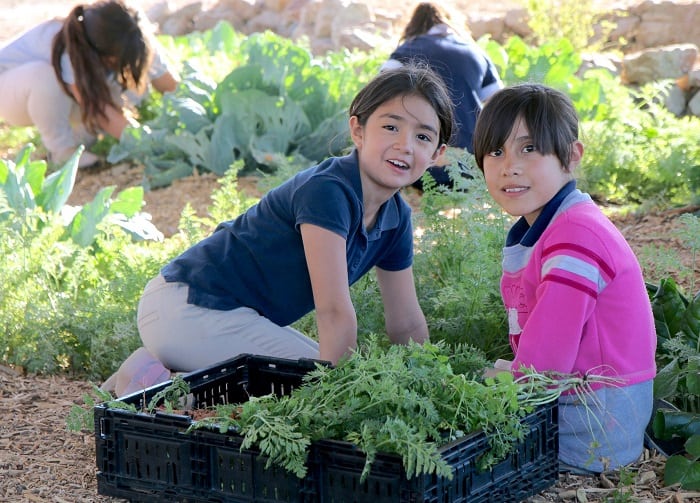On school campuses across the country, the school garden movement is taking off like never before! Parents, teachers, and educational nonprofit partners are seeing the incredible benefits that outdoor experiential learning provides to students in teaching them reading, writing, math and science while fostering healthy social-emotional learning and nutrition education. As we teach the young students today to handle the complex challenges of tomorrow, we need more informed, inspired, creative and collaborative leaders, ready with the skills needed to work for change. We know that school gardens are exceptional classrooms that bring learning to life, and now is the time to elevate the conversation about how they also support equity, sustainability and children’s health and wellbeing every day.
Research shows that school gardens nurture healthy kids, foster environmental stewardship, promote engaged learning and empower children to make change. We know that when kids plant seeds, watch them grow and harvest them, they are more likely to eat healthy food, feel a connection to the world around them, and be engaged in their community.
School gardens promote educational equity by ensuring that hands-on learning opportunities are not just for a select few, but for all students. Whitney Cohen, Education Director at Life Lab sees gardens as “spaces where students develop a sense of empathy and empowerment, and can put that into action to improve their own lives, and also improve their schools and communities. For example, when students grow fresh fruits and vegetables, harvest and enjoy them, and share them with others, they develop skills in collaborative caretaking of plants and animals, and also of one another and their communities.”
Now is the time to ask key questions: How can we make it so that every school has a garden? How can all students benefit from this type of learning? How can we develop and strengthen programs that meet the needs of communities and are informed by local cultures and contexts?
The school garden movement is mobilizing with an eye on long-term systems change. Groups like the School Garden Support Organization (SGSO) Network and the National Farm to School Network are offering opportunities to connect and strategize on the local, regional and national level. Government agencies like the CDC have highlighted learning in school gardens as a key nutrition policy and practice that promotes social and emotional learning. We know that school gardens played a critical role in supporting students during the pandemic, and many continue offering supplemental nutritional assistance today.
Join us at the next Growing School Gardens Summit to engage with fellow educators and nonprofit partners leading this important work. Share your knowledge, learn from others and help grow the movement to foster healthier kids, healthier communities, and ultimately, a healthier world.
Learn more at schoolgardensummit.org.


